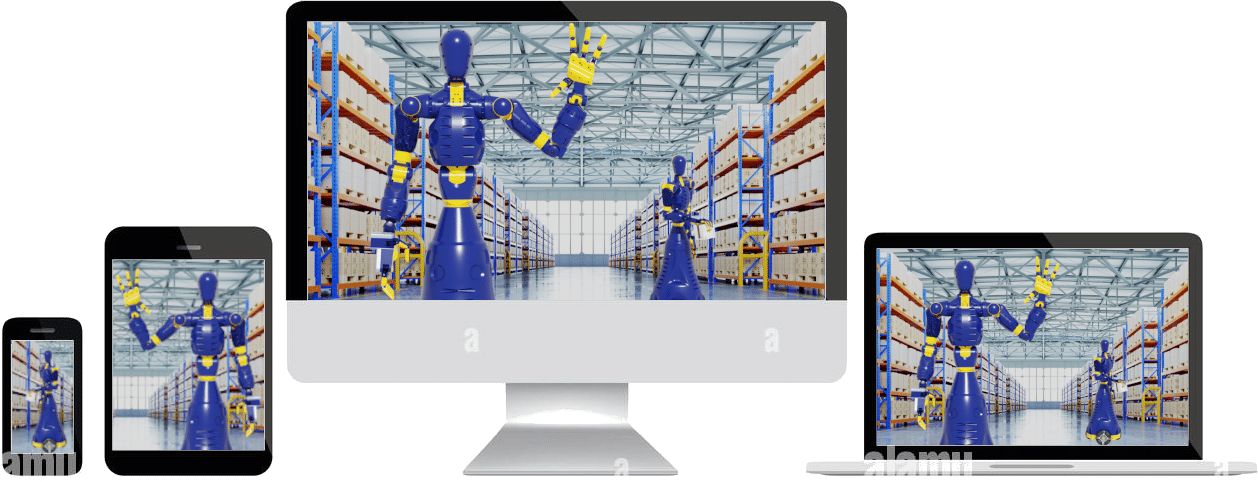Welcome to the age where logistics meets automation, and innovation propels efficiency to unprecedented heights. In this exploratory dive, we uncover how the robotics revolution is reshaping the logistics landscape, steering it toward a future brimming with possibilities.
Table of Contents
Understanding the Robotic Takeover in Logistics
What’s Happening Now: A Robotic Renaissance
In the heart of the logistics sector, a robotic renaissance unfolds. Automated guided vehicles (AGVs), drones, and robotic arms are no longer novelties but essential components of a modernized supply chain. With an adoption rate climbing yearly, these innovations offer a tantalizing glimpse into an automated future.
The Numbers Speak: Statistically Significant Improvements
The impact of robotics in logistics is not just anecdotal but quantifiably significant. Companies leveraging robotics report up to a 40% uptick in efficiency, translating to lower operational costs and faster delivery times. This isn’t just evolution; it’s a revolution powered by precision, agility, and intelligence.
Robotics in Action: Success Stories from the Frontlines
From Amazon’s sprawling warehouses manned by robots to UPS’s autonomous delivery drones, the industry’s giants are setting the pace. These success stories highlight not only the potential for cost savings but also the scalability and adaptability robotics offers in addressing logistics challenges.
Peering into the Crystal Ball: The Next Decade of Robotics in Logistics
Forecasting the Future: AI-driven Logistics
The next decade promises an AI-driven transformation where robotics, powered by machine learning and data analytics, become even more autonomous. Predictive logistics, real-time route optimization, and intelligent inventory management will become the new norm, powered by advancements in AI and IoT.
Emerging Technologies: Beyond Today’s Imagination
Emerging technologies like quantum computing and 5G will further turbocharge robotics in logistics, making real-time, global supply chain visibility and management a reality. The fusion of these technologies with robotics will usher in an era of logistical operations that are not only efficient but also predictive and adaptable to changing market dynamics.
Overcoming the Robot Revolution’s Challenges
Roadblocks Ahead: Navigating the Transition
Despite the promise, transitioning to a robot-dominated landscape isn’t without its hurdles. Initial investment costs, workforce retraining, and integration challenges loom large. However, the long-term benefits—increased efficiency, accuracy, and reduced human error—present a compelling case for robotics in logistics.
Solutions and Strategies: Smoothing the Path Forward
Adopting a phased integration strategy, investing in workforce upskilling, and selecting scalable, interoperable robotic systems can mitigate these challenges. Partnerships with technology providers and engaging in industry consortia can also pave the way for a smoother transition.
Wrapping Up: The Road Ahead for Robotics and Logistics
The journey of robotics in logistics, from today’s applications to tomorrow’s possibilities, is fraught with challenges but ripe with opportunity. As we stand on the brink of this technological precipice, the logistics industry’s future looks not just automated but also smart, predictive, and, above all, efficient.
By embracing innovation, fostering adaptability, and investing in the future, the logistics sector can not only navigate the robotic revolution but lead it, setting a new standard for global supply chain management.











